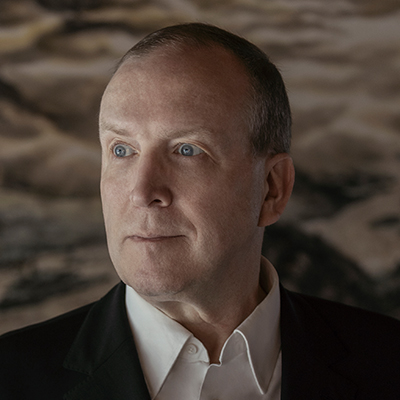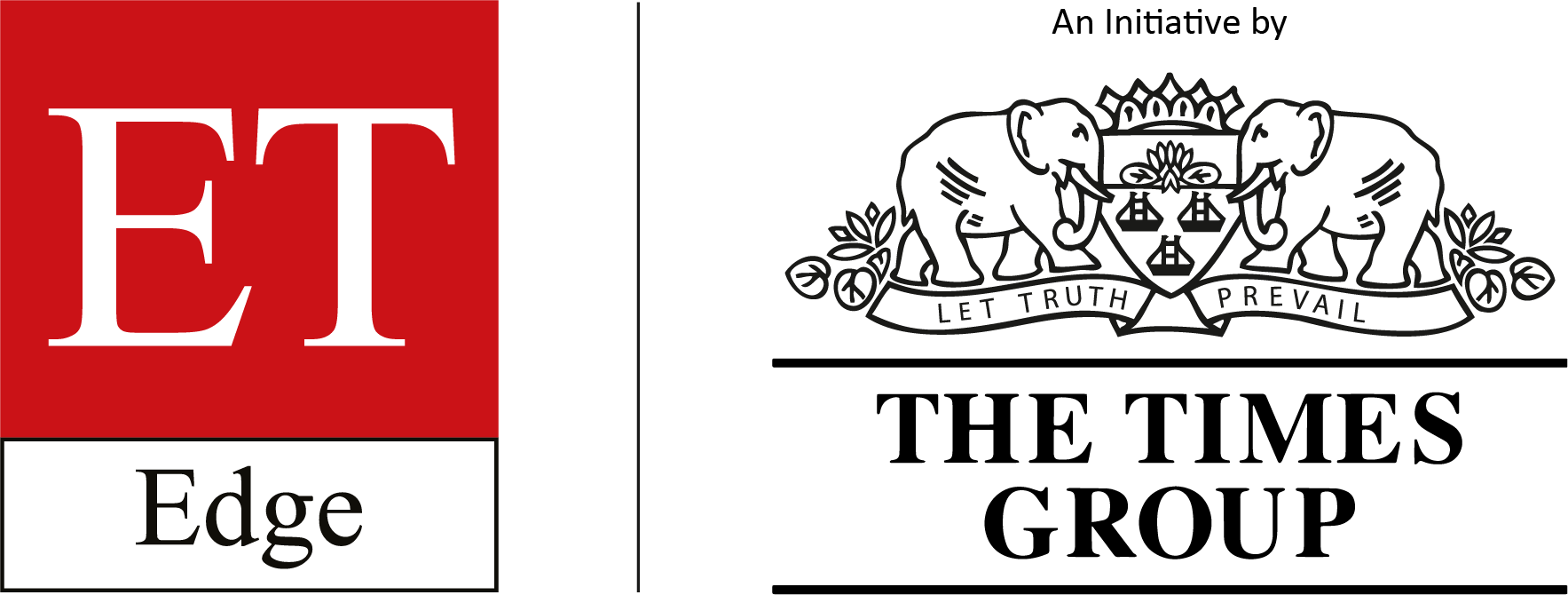
Dr. Thomas P. M. Barnett
Principal Business Strategist
Throughline Inc
Dr. Thomas P.M. Barne0 is a leading geopoli6cal strategist and bestselling author of The Pentagon’s New Map, who has presented his worldview and strategic-planning concepts to universi6es, military commands and academies, government agencies and corpora6ons across the financial, energy, agriculture, and defense industries.
Thomas has worked in U.S. na6onal security circles since the end of the Cold War. He is known for his work at the United States Naval War College and at the Office of Force Transforma6on in the Department of Defense under the direc6on of the late Vice Admiral Arthur K. Cebrowski (U.S. Navy, Ret.) – known as the father of “network-centric warfare.”
An award-winning professor, Thomas has wri0en for Esquire, Foreign Policy, Wired, Na=onal Review, and the Washington Post, and has been interviewed by Rolling Stone, Economist, Time, BBC World Service, CNN, Fox News, NPR, and many foreign media. Thomas has been described by U.S. News & World Report’s Michael Barone as “one of the most important strategic thinkers of our <me.” A prime example is his TED Talk, which has received over 1.3 million online views.
After 9/11, Thomas joined Cebrowski’s new Office of Force Transforma6on in the Office of the Secretary of Defense as his Assistant for Strategic Futures. In that capacity, he developed an influen6al brief on globaliza6on and interna6onal security, which later morphed into a New York Times-bestselling book, The Pentagon’s New Map (2004). Thomas extended his “New Map” series with the volumes Blueprint for Ac=on (2005) and Great Powers (2009).
Upon leaving government service in 2005, Thomas worked for a series of technology start-ups exploring cogni6ve ar6ficial intelligence, crowdsourced wargaming, and enterprise resilience. He worked for years as a journalist, both as a Contribu6ng Editor at Esquire and a Scripps News syndicated columnist. Thomas was likewise a Visi6ng Strategist at the Oak Ridge Na6onal Laboratory and later a Senior Research Fellow at the Beijing-based Knowfar Ins6tute for Strategic & Defense Studies.
Thomas now serves as Principal Business Strategist at Throughline, Inc., where he is focused on scenario planning. His current work and thinking about the converging forces of geopoli6cal security, climate change, technology, supply chain, and America’s ability to lead are valued by the Throughline’s clients: including the U.S. na6onal security community, major U.S. government agencies, mul6na6onal corpora6ons, and non-profits.
